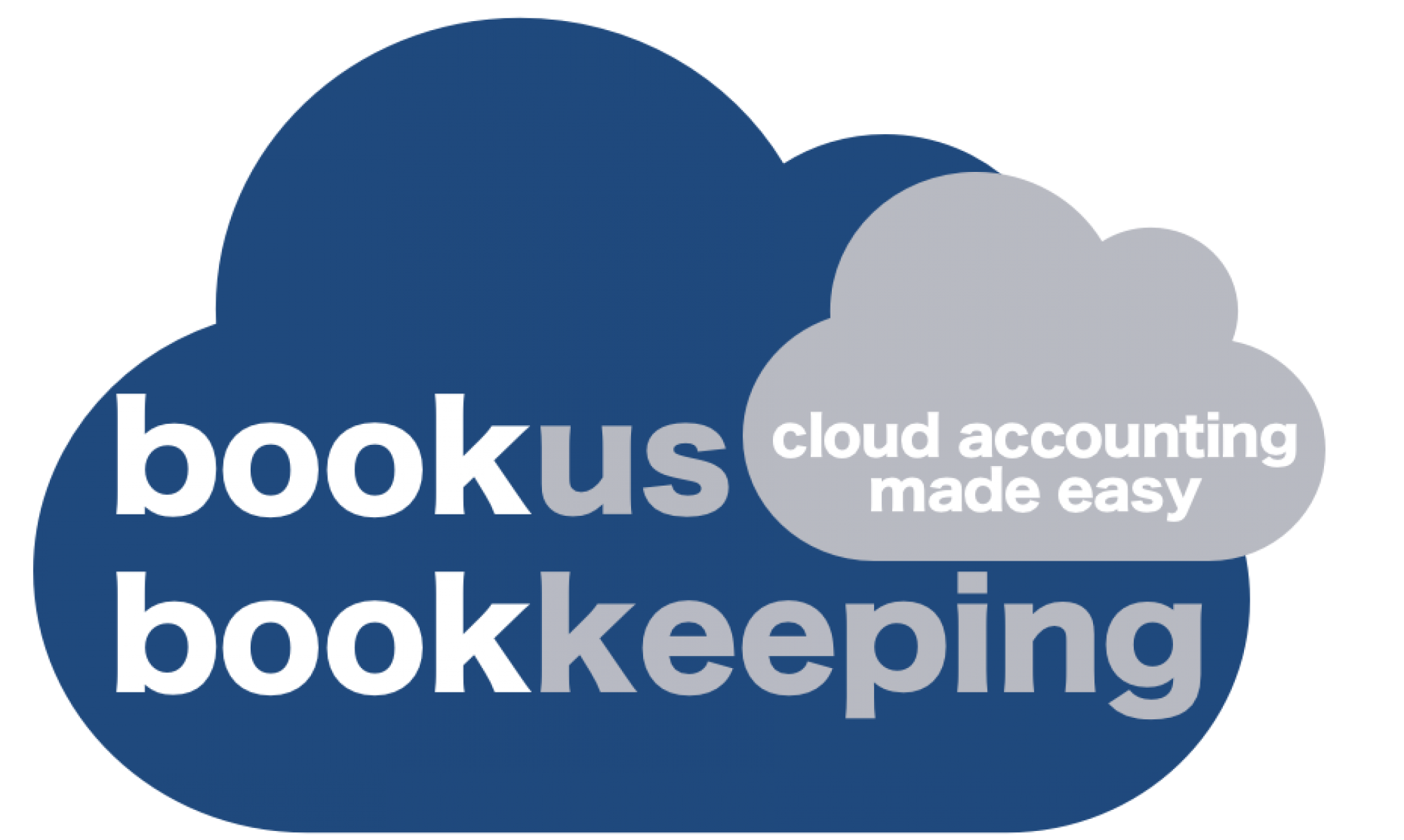1 July 2019 saw the introduction of Single Touch Payroll (STP) by the ATO to streamline the reporting of tax and superannuation to the government. This was due to the realisation of the ATO of their need to increase employer compliance in paying superannuation & employee tax obligations on time. STP is an ATO compliance regulation that required employers to send employee payroll information including salary, wages, PAYG-W and superannuation to the ATO at the same time as a standard pay-run.
Most of our clients are already utilising Single Touch Payroll as part of their standard payroll procedures, however some didn’t require STP as they are considered ‘closely held’. Closely Held employees are those employees who are directly related to the entity in which they receive payments from, for example the family members of a family business. Until this point, these members have not been required to report via STP. They were due to start reporting via STP on 1 July 2020, however, due to the pandemic, a one-year exemption was given by the ATO.
As STP reporting for closely held employees is due to begin on 1 July 2021, the ATO have released guidelines on how these businesses can report. There are three methods – report actual payments in real-time, report actual payments quarterly or report a reasonable estimate each quarter.
The first method, reporting actual payments in real-time would require employers to start recording these payments through an STP-enabled payroll system. This is similar to how employers with staff members currently report on the payroll. There is generally an extra two steps whilst processing the payroll. This may mean adding the director or their family to the current payroll or setting up a new payroll software.
The second method is to report the actual payments made on a quarterly basis. This will be due on or before the due date for the quarterly BAS. This will be using the payments a closely held member has been paid over the quarter & determining the tax & super required on these payments.
The final method is to report a reasonable estimate quarterly. This will allow employers to report a quarterly amount that is equal to or greater than 25% of the payees total gross payments & tax withheld from the previous finalised payment summary (PSAR).
The ATO will not impose failure to withhold penalties as long as businesses have complied with the reasonable quarterly estimate. There will, however, be general interest charges if Super Guarantee obligations have not been met.
